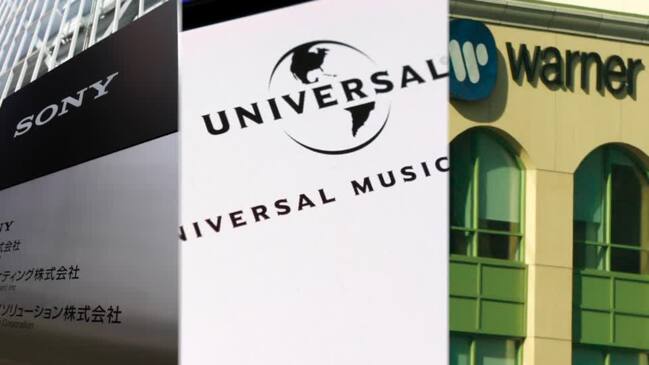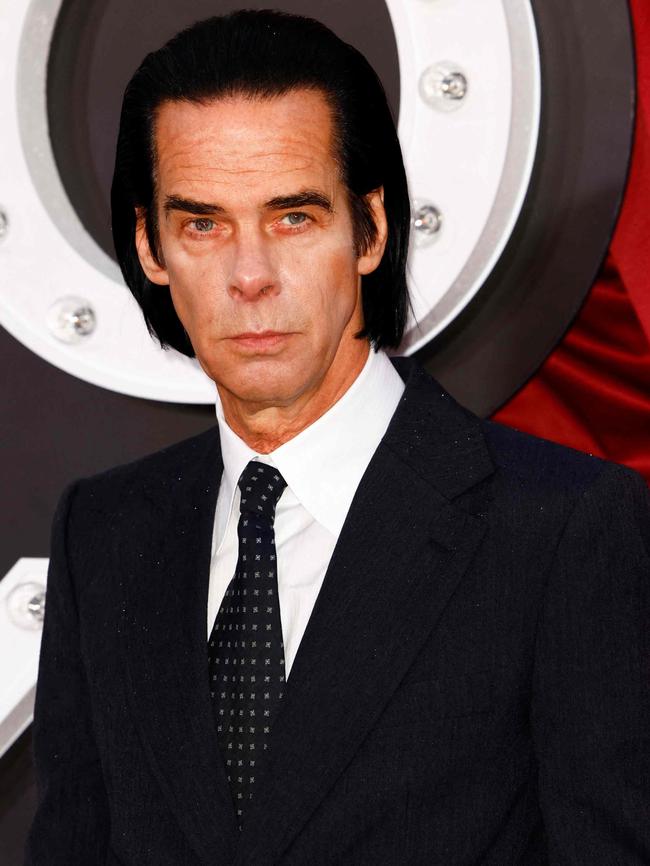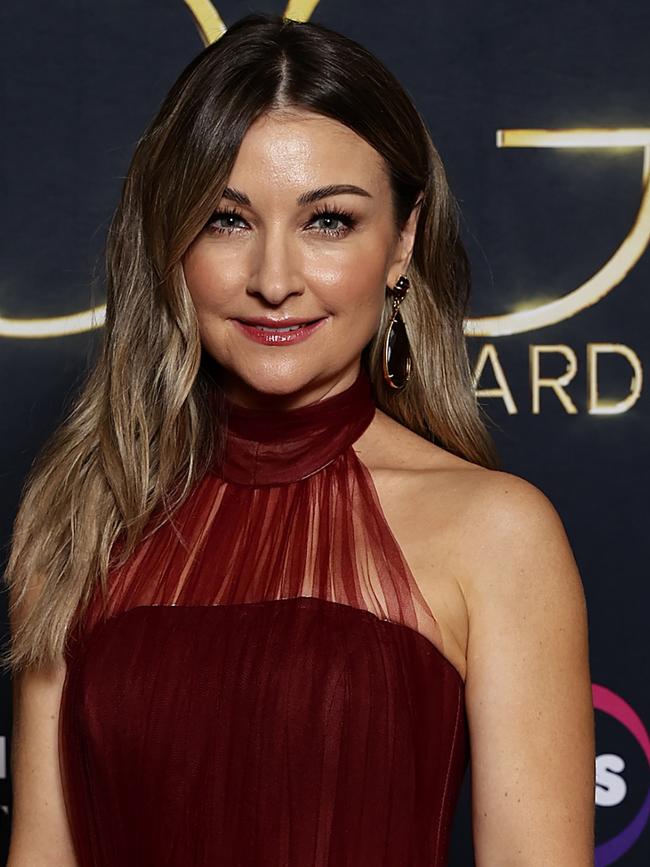Australian artists’ fears and fury laid bare as music industry grapples with AI
Some of the nation’s most popular artists are banding together to take a stand against a new perceived enemy: artificial intelligence tools.

Battlelines have been drawn in the music sector as some of the nation’s most popular artists band together to stand against a new perceived enemy: artificial intelligence tools.
Research commissioned by Australian music rights organisation APRA AMCOS has found deep-seated fears for how these technologies – particularly the use of generative AI tools to undermine the human songwriting process – will affect the livelihoods of everyone from the industry’s most established names down to the emerging artists of tomorrow.
By speaking out, these performers are urging policymakers to take urgent action on regulating the use of artificial intelligence within the creative industries.
“Australia has an opportunity here to set a precedent,” ARIA Hall of Fame singer-songwriter Tina Arena told The Australian.
“Somebody has to draw the line and go, ‘No’. If you want to be a part of it? Knock yourself out. If you don’t … you should not be forced, in a tyrannical fashion, to follow suit because some guru in Silicon Valley thinks that this is the great next thing.

“While they may stand to make an absolute fortune, it is absolutely abhorrent that they would put people’s livelihoods at risk and not give a f..k,” said Arena.
“This is not ‘artists whingeing’. Artists make nothing, and they pay tax. Those corporations get bigger, fatter, richer, and don’t pay any tax. F..k off. Enough.”
The landmark AI and Music report, published on Monday, is based on recent survey responses from more than 4200 APRA AMCOS members in Australia and New Zealand, including songwriters, composers and publishers.
The report reveals that 82 per cent of music creators are concerned that the use of AI in music could impact their ability to make a living from their work, while 97 per cent of respondents demand that policymakers should urgently address this matter while the use of AI tools are still in their relative infancy.
“AI is here; it’s not a fad, it’s not something that’s going to disappear,” said APRA AMCOS chief executive Dean Ormston. “Overwhelmingly, that’s the message we hear back from our members: ‘We get it, but there needs to be guardrails.’ The areas of transparency, consent and remuneration are all top of mind for our members.”
Earlier this month, Nick Cave told The Australian of his fears for “the humiliating effect that AI will have on us as a species”, and that if it becomes accepted within creative industries, we may in time become “in awe of the banal”.


This report reveals Cave is not alone with such concerns: other high-profile artists to voice their concerns for the use of generative AI software include Midnight Oil frontman Peter Garrett, Missy Higgins, Powderfinger’s Bernard Fanning, Jimmy Barnes and Kate Miller-Heidke.
“Artists will always create, but if there’s nowhere for their creations to go, and all we have is AI-generated content, we are truly f..ked,” said Miller-Heidke.
Berlin-based Goldmedia, which conducted the research, has estimated that by 2028, 23 per cent of music creators’ revenues will be at risk due to generative AI, representing an estimated cumulative loss of about $520m.
“I’ve spent a lifetime depending on my imagination; trusting that, and putting that into words and working through that process,” said Arena, who will mark the 30th anniversary of her mega-selling album Don’t Ask with a newly announced Mornington Peninsula concert on December 7.
“What I do is I sell emotional truth, so I need to rely on my experiences and my collaborations in the process of creating that work,” she said.
“To think that somebody can just come along and take that – or benefit from that, or create something else from that – is really sad.
“I believe we, as a nation, produce unbelievable work; this has just been proven with two weeks of international sport at the Olympics,” Arena said.
“Art is just as beautiful in this country; therefore, it deserves to be respected, and to be treated properly and accordingly.”






To join the conversation, please log in. Don't have an account? Register
Join the conversation, you are commenting as Logout